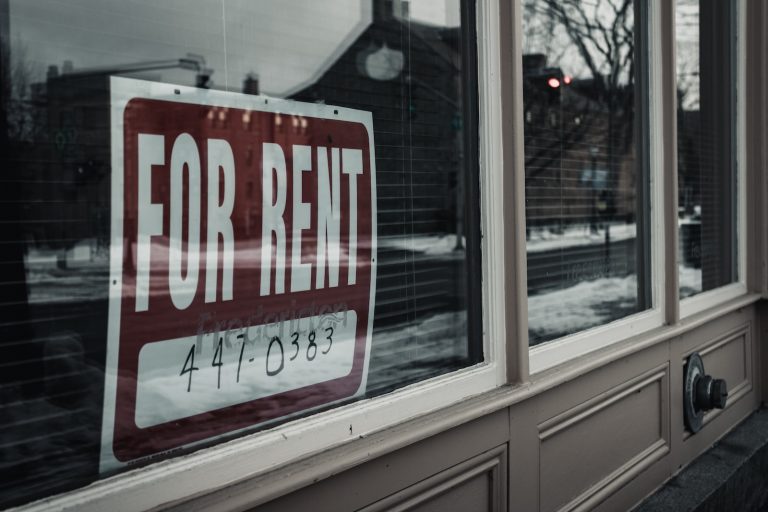Renting a home can be an exciting and liberating experience, offering flexibility and convenience that homeownership doesn’t always provide. However, like any major decision, it comes with its own set of challenges and potential regrets. Renter’s remorse, the feeling of regret after signing a lease agreement, is more common than you might think. To help you avoid these common pitfalls and make the most out of your rental experience, we’ve compiled a list of tips and advice.
Story Stages
Rushing into a Decision
One of the most common causes of renter’s remorse is rushing into a rental agreement without thoroughly researching and considering your options. Take your time when looking for a rental property. Visit multiple locations, compare prices, and consider your long-term goals. What may seem like a great deal in the heat of the moment might turn into a regrettable decision in the long run.
Neglecting Your Budget
Before signing a lease, create a realistic budget that takes into account not only the monthly rent but also utilities, maintenance costs, and other expenses. Neglecting your budget can lead to financial stress and regret. Make sure you understand the total cost of renting a particular property and ensure it aligns with your financial goals.
Overlooking the Lease Agreement
Don’t skim through your lease agreement hastily. It’s a legally binding document that outlines your rights and responsibilities as a tenant. Review it carefully to avoid any surprises later on. Pay attention to terms related to maintenance, repairs, and the return of your security deposit. If there’s anything you don’t understand, don’t hesitate to ask your landlord for clarification.
Ignoring Location
Location matters in real estate, and it’s no different when renting. Consider the proximity to work, schools, public transportation, and amenities. A beautiful apartment may lose its appeal if it’s inconveniently located, leading to renter’s remorse down the line. Make sure the neighborhood suits your lifestyle and daily needs.
Neglecting Your Long-Term Plans
Are you planning to stay in the rental property for the long haul, or is it a temporary solution? Failing to align your rental choice with your long-term goals can lead to regret. For example, if you plan to start a family soon, make sure the property can accommodate your growing needs.
Not Documenting Existing Issues
When you move into a rental property, take the time to document any existing issues, such as stains, cracks, or damaged appliances. This will protect you from being held responsible for pre-existing damage when you move out and help ensure you get your full security deposit back.
Skipping Renter’s Insurance
When renting a home, there are many expenses to consider, and it’s tempting to cut costs wherever possible. However, one expense you should never skip is renter’s insurance policy. It’s a common oversight, but renter’s insurance is often overlooked. It can save you from major financial setbacks. It covers your personal belongings in case of theft or damage and provides liability protection. The relatively low cost of renter’s insurance compared to its potential benefits makes it a worthwhile investment.
Failing to Communicate with Your Landlord
Open and clear communication with your landlord is essential. If you encounter problems with the property or have questions about maintenance, don’t hesitate to reach out. Ignoring issues can lead to frustration and regret. A proactive approach to problem-solving can enhance your rental experience.
Conclusion
Renting a property can be a fantastic choice, offering flexibility and convenience. However, avoiding renter’s remorse requires careful consideration and planning. Take your time, budget wisely, read your lease agreement thoroughly, and make sure the location and property align with your long-term goals. By avoiding common pitfalls and staying proactive in your approach to renting, you can make your rental experience a positive and satisfying one.
